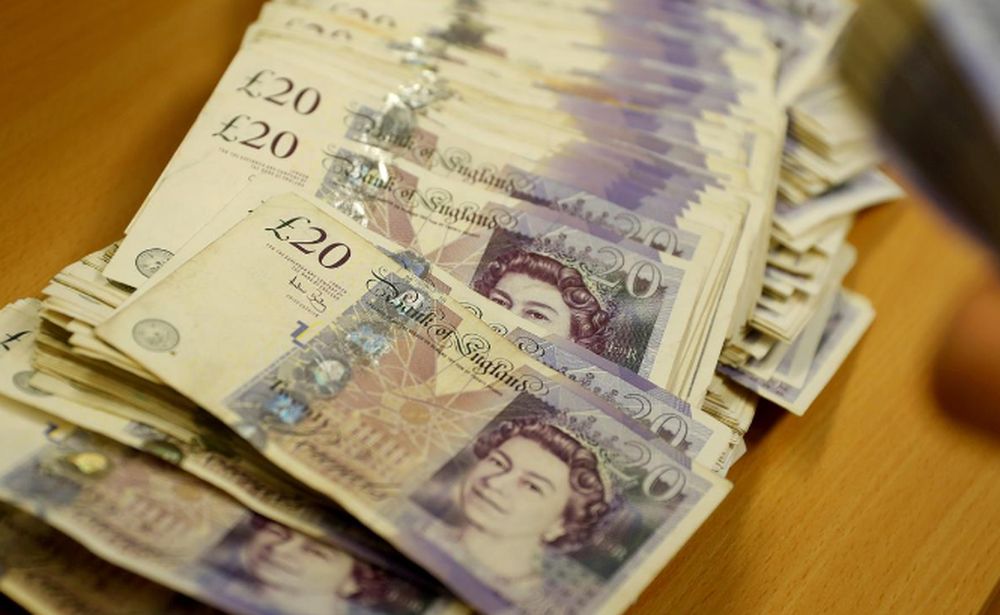LONDON, Aug 20 — Sterling briefly rebounded from near three-year lows versus the euro today after German Chancellor Angela Merkel said the European Union would think about practical solutions regarding the post-Brexit Irish border.
Though the British currency later gave up much of its gains to trade broadly flat by the end of the London trading session, the magnitude of the pound’s moves took traders by surprise as Merkel’s comments didn’t indicate a fundamental shift in the European Union’s stance on Brexit.
British Prime Minister Boris Johnson fired the opening salvo in his bid to renegotiate Britain’s divorce terms from the EU, saying that the “backstop” – an insurance policy included in Britain’s Withdrawal Agreement with the EU to avoid the return of a hard border on the island of Ireland – should be replaced with a pledge.
The bloc and its leaders have repeatedly refused to reopen the Withdrawal Agreement. European Council President Donald Tusk said a letter sent to him by Johnson included no “realistic alternatives” to the contentious Irish backstop.
“Merkel’s comments seemed to have triggered some model-based buying but I don’t see a fundamental shift and the pound’s gains are likely to be short-lived,” said Neil Jones, head of hedge fund currency sales at Mizuho in London.
Against the euro, the pound vaulted as much as a quarter of a percentage point to 91.02 pence before retracing most of its gains to stand broadly flat on the day at 91.38 pence.
Earlier in the day, the pound had weakened by 0.5 per cent to 91.71 pence, not far away from an October 2016 low of 93.26 pence hit last week as investors sold the British currency on concerns that the United Kingdom was headed towards a showdown with the EU over Brexit negotiations.
The falls came after signs in recent weeks that investors were becoming less pessimistic on the pound.
Hedge funds cut their net short sterling positions to US$7.22 billion in the week to Aug. 13, down from the previous week’s US$7.81 billion, which was the highest since April 2017, according to the Commodity Futures Trading Commission.
Three-month risk reversals in sterling, a contract that encapsulates the Brexit deadline, paint a similar picture. Demand for sterling puts – the right to sell pounds at a pre-agreed price – remains high. But that has eased in the past week, implying investors are less sure sterling will drop.
ING analysts, however, said that any possible spikes in sterling “should continue to be shortlived” given that “negative headline news (is) likely to return soon” as Johnson is due to meet both French President Emmanuel Macron and Merkel this week. Similar moves were noticed against the US dollar. The pound briefly rallied more than 0.7 per cent against the dollar. It rose as high as US$1.2180 from trading below US$1.21 earlier, before falling back to US$1.2125. — Reuters






















